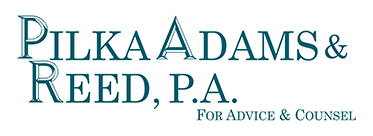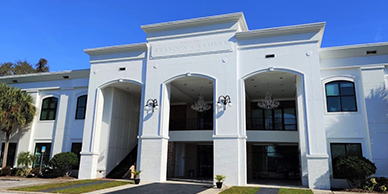There has been an influx of newcomers to Florida in recent years. Many people who are currently in the market for a new home can explore various options, including condominiums, co-ops or other neighborhoods that operate under a governing entity. In most cases, that entity is a Homeowners’ Association (HOA). Anyone considering this type of lifestyle will want to understand how an HOA functions, as well as the specific covenants, conditions and restrictions (CCRs) that may apply in a particular community.
Each HOA creates its own CCRs and has the authority to enforce them. It is not wise to purchase a home in an HOA community without thoroughly reviewing the official CCRs. There may be restrictions regarding exterior paint colors, parking, visitors, landscaping and more.
HOA fees can be high and can also increase later
HOAs obtain their operating funds by charging community members fees. A prospective buyer will want to review the fine print regarding such fees to avoid surprises, such as an unexpected increase. Keep in mind that certain amenities, such as swimming pools, activity rooms, tennis courts or gyms may have specific operating hours, although use of them is included in the package.
Repercussions occur for violating the rules
Since an HOA is a governing body with legal authority, community members who violate the rules may face disciplinary action. Such action may include fines, but may also be more severe, such as having a lien placed against one’s home. Disputes between HOA officials and community members are not uncommon, which may lead to litigation if the issue cannot be resolved without the court’s intervention.

